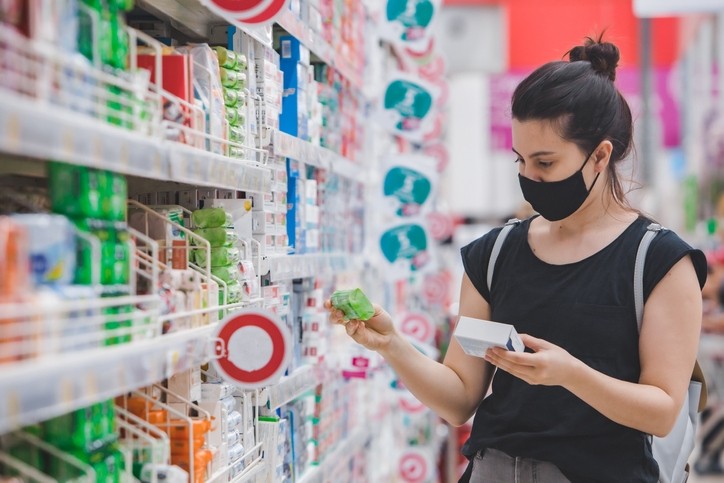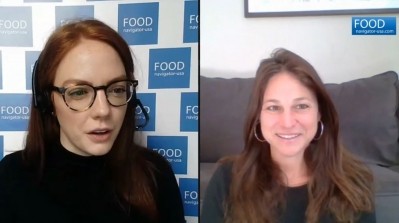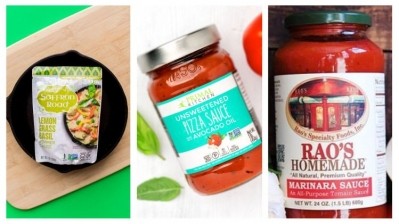Large CPG companies lose market share to smaller competitors despite surging sales spurred by pandemic

“Of the CPG industry’s $933 billion of total US sales in measured channels in 2020, large manufacturers collectively lost 1.3 share points, or $12.1 billion in sales, to smaller players,” IRI reported late last month.
The counter-intuitive loss despite surging sales occurred because smaller manufacturers captured a greater portion of the overall industry growth in 2020, which rose 10.3% mainly on the strength of consumers' shifting channel preferences. Encouraged to stay at home to slow the spread of the coronavirus and unable to eat out as readily as before the pandemic, many consumers redirected dollars from food service, including restaurants and institutions, and convenience stores – most notably those associated with gas stations – to grocery retail.
Small manufacturers across CPG categories, including those with less than $1b in sales [which IRI classifies as small], collectively captured nearly one-third of shifting spend to retail, and private label accounted for roughly 18% of the growth, according to IRI.
“These impressive growth rates resulted in smaller manufacturers and private label products gaining 1.1 and 0.2 share points, respectively, from larger manufacturers,” with measured sales exceeding $5.5b annually, which captured 34.1% of total CPG growth, IRI notes.
Some of the gains small manufacturers and private label enjoyed were circumstantial and likely limited as they were due to larger companies’ struggles with supply chains that restricted product availability. Still, many of the companies that saw new trial simply because they had product on the shelf when competitors did not could see long term gains if consumers’ experiences with their goods were positive.
The gains small companies enjoyed in 2020 also were in line with rising consumer interest in emerging and challenger brands in recent years leading up to the pandemic, suggesting the gains could continue to expand and have lasting power, IRI noted.
A burgeoning social awareness in the US could further boost sales of small and emerging brands in the new year as these brands tend to be more focused – and vocal – about their commitments to the broader “good” through social missions that are deeply entwined in their companies and products. Larger players, however, increasingly are leveraging their social responsibility goals in marketing that appeals to conscious consumerism.
Large companies also could see a market share gains in the coming year as the coronavirus vaccine rolls out and local economies re-open with consumers who have been working from home – or not working – returning to offices and job sites, predicts IRI.
In particular, it predicts, large national brands should see an uptick in sales and market share of about 0.5 points as the convenience channel bounces back as consumer mobility increases.
Navigating a COVID-induced recession
Still, large companies will face some significant headwinds in 2021 that could further bolster private label and emerging brands – most notably a constricting economy due the fall out of the pandemic.
During recessions and economic downturns, private label often grows as consumers gravitate to products offering greater value – either in price per unit through larger pack sizes or smaller, lower priced private label packs that can undercut the price of national brands by riding the coattails of the name brands’ marketing with little investment on their own part. This allows them to offer similar products at a lower price without sacrificing margins.
Despite historical support for private label gains during recessions, IRI research released last Spring revealed several strategies that could protect brands of all sizes from losses during an economic downturn – if they are willing to go against their instincts.
“Managing brands in a recession is a lot like golf. You often must do the opposite of what your instincts urge you to do,” IRI explains in the report, “When Down is Up: Building Brands in a Recessionary Period.”
With this in mind, it recommends brands ignore the urge to “retreat and protect cash,” and rather “take bold actions,” including investing in other companies that are retracting, continuing to advertise and offer promotions, innovate as a way to defend their value proposition and offer weary consumers positive messaging.








